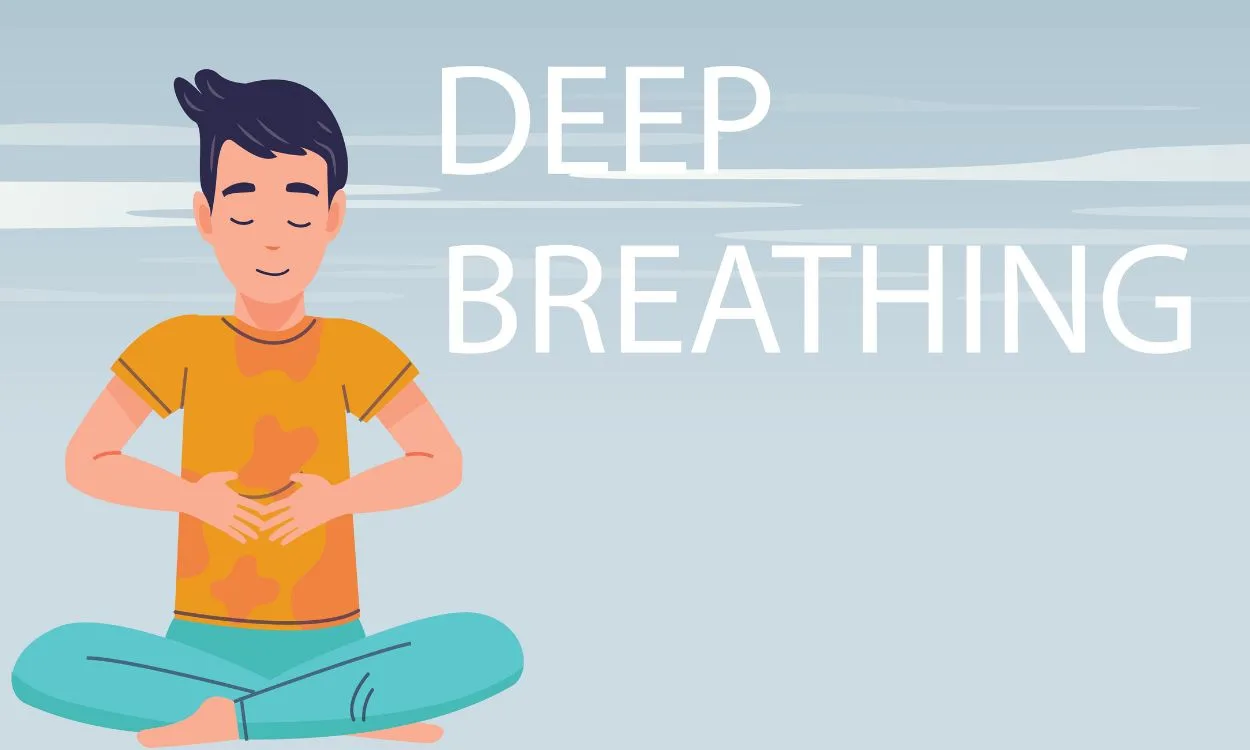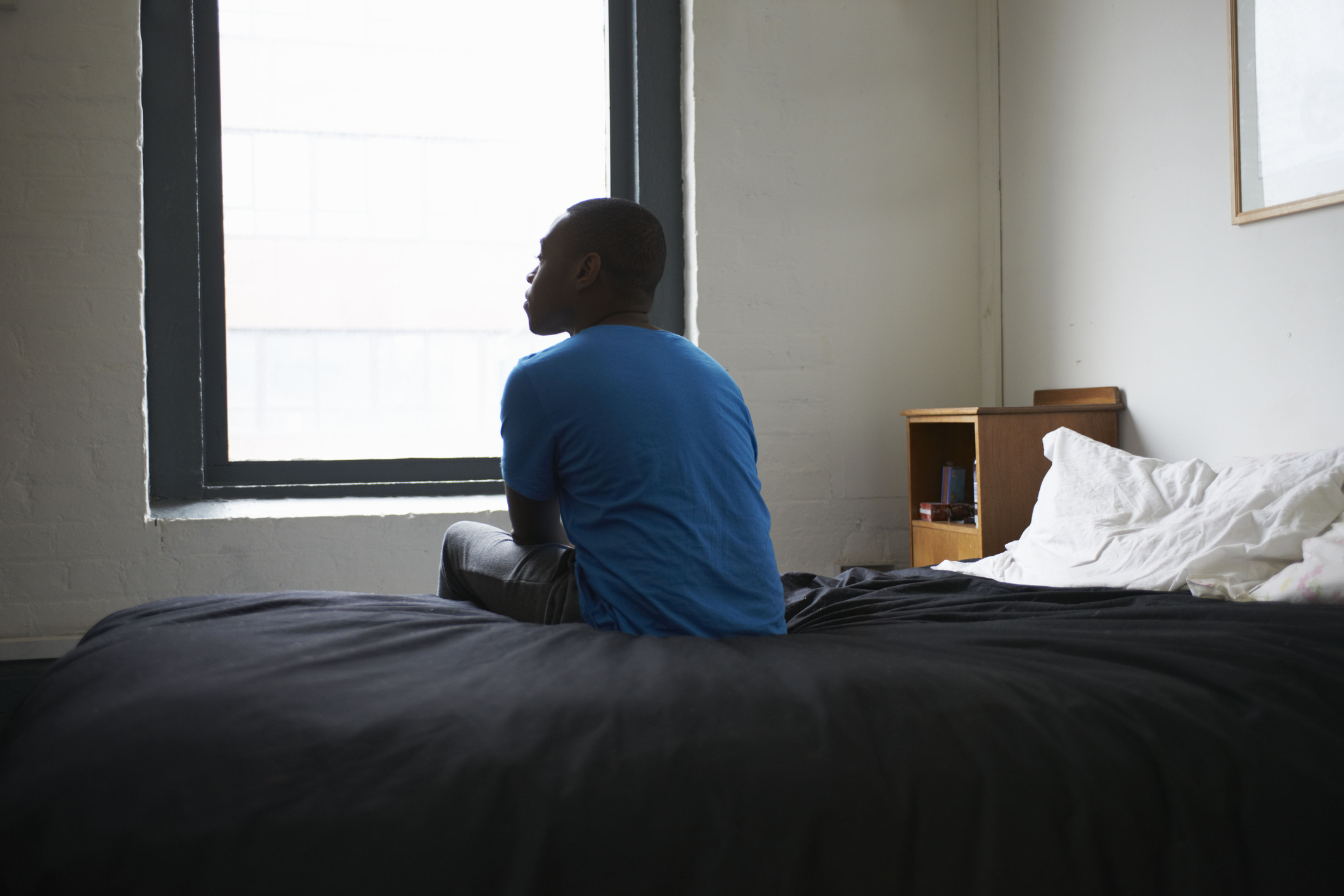
Study examines how COVID-19 lockdown affected New Zealanders.
The COVID-19 pandemic has markedly changed the way people are living their everyday life. Grocery pick-up, remote work, mask-wearing, virtual school, and social distances are some of the new norms of this post-pandemic lifestyle. While the measures have been put in place for the protection of citizens’ health, many unintended consequences have been felt.
Some of the consequences result in strained mental wellbeing due to fewer social interactions and fear of getting the virus. Combined with financial strain caused by job loss, the effects on the populous are real and varied depending on the level of COVID-19 lockdown required.
In New Zealand, the COVID-19 lockdown was one of the strictest, requiring school shut-downs, business shut-downs, and travel bans. While the COVID-19 lockdown was successful in decreasing virus spread, researchers from the University of Otago studied its effects on citizens’ mental wellbeing. Their results were published in the journal Plos One.
Two thousand four hundred and sixteen participants completed a questionnaire on days 19 through 22 of the Level 4 lockdown. Participants answered questions relating to their living situation – the number of people living there, type of residence, access to personal space, green space, internet / computer access, and connection with family outside of the home. In addition, participants submitted information on family violence, alcohol consumption, demographics, and their perceptions of any “silver linings” to the COVID-19 lockdown.
Researchers analyzed the data obtained from the questionnaires and measured it against the Kessler Psychological Distress scale, which is a simple measure of psychological distress. Answers were also measured against the Generalized Anxiety Disorder Assessment and the World Health Organization Well-Being Index 5 (WHO-5).
About 66% of participants were coping well with the COVID-19 lockdown, but the remaining group experienced moderate to high levels of psychological distress. Younger adults (under 44) suffered more, while distress levels for almost half of participants between 18-24 years was moderate to severe.
In other results, a little more than six percent of participants had suicidal thoughts, and ten percent suffered more family harm during the COVID-19 lockdown. But not all results were bleak, with participants finding “silver linings” of spending more time with loved ones and less harm to the environment.
Study lead author Dr. Susanna Every-Palmer concluded in a press release, “It is clear that the consequences of the pandemic will be pervasive and prolonged. Our findings emphasise the need to put resources into supporting mental well-being both during and after lockdowns.”
Written by Rebecca K. Blankenship, B.Sc.
References:
- Every-Palmer S, Jenkins M, Gendall P, et al. Psychological distress, anxiety, family violence, suicidality, and wellbeing in New Zealand during the COVID-19 lockdown: A cross-sectional study. Plos One. 2020;15(11). doi:10.1371/journal.pone.0241658
- Worksafe.qld.gov.au. https://www.worksafe.qld.gov.au/__data/assets/pdf_file/0010/22240/kessler-psychological-distress-scale-k101.pdf. Published 2020. Accessed November 9, 2020.
- Image by marian anbu juwan from Pixabay
Related Post
 26
26 Feb
The Health Benefits of Deep Breathing (and 4 Easy Techniques!)
Breathing is a characteristic and compulsory activity that occurs for our bodies to take in and discharge air. An expected activity assists our bodies with working through daily existence. Breathing assists our respiratory framework with moving oxygen in and out,.
Read More 26
26 Feb
How a Growing Crisis of Loneliness Is Affecting Americans Health
America has another scourge. It can't be dealt with utilizing conventional treatments despite the fact that it has crippling and, surprisingly, dangerous outcomes. The issue leaking in at the sides of our networks is depression and U.S. Top health spokesperson Dr..
Read More 26
26 Feb
The Cost of Loneliness in Retirement
While we frequently stress over saving enough for retirement, the expense of depression is ascending as an equivalent danger to a blissful, solid retirement. Yet, there are steps you can take now to fabricate your social capital. Depression and social confinement.
Read More 26
26 Feb
10 Ways to Reduce Your Risk of Colorectal Cancer
Colorectal malignant growth is the subsequent driving reason for disease related passings, influencing millions around the world. As per the American Malignant growth Society, around 1 out of 20 individuals will be determined to have colorectal disease during their lifetime..
Read More